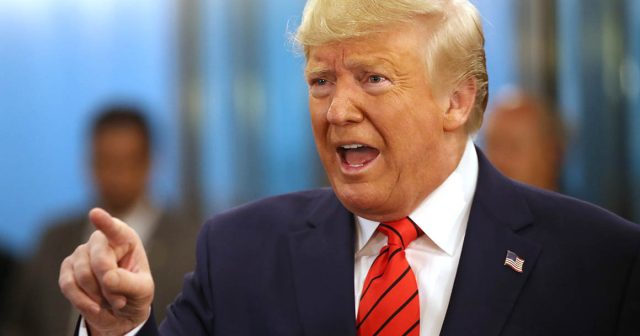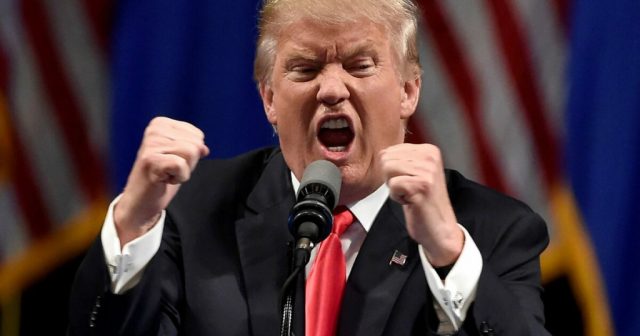Yerevan municipal election
Yerevan, Armenia’s capital and home to approximately 40% of the country’s total population, is on the brink of a crucial election scheduled for next month. On September 17th, the residents of Yerevan will cast their votes to select a fresh municipal assembly, responsible for appointing the city’s mayor. The assembly comprises 65 seats, which hopeful candidates are vying for.
The backdrop of this election traces back to the previous Yerevan City Council composition, which came into being on September 23, 2018, following a snap election set off by the aftermath of the 2018 Armenian Velvet Revolution. Actor and comedian Hayk Marutyan, supported by Nikol Pashinyan, was elected as the mayor. However, the harmony between Marutyan and his party deteriorated in the aftermath of the 2020 war, leading to his resignation from the party. Subsequently, the strained relationship between Marutyan and Prime Minister Nikol Pashinyan resulted in Marutyan’s removal from the Yerevan Mayor’s post in December 2021 via a vote of no confidence from the majority of Yerevan Council members.
Critical race
In the aftermath of the 2020 conflict with Azerbaijan, Armenia is preparing for a consequential second round of elections. Despite facing a military defeat, the incumbent Prime Minister managed to maintain his hold on power during the initial post-war parliamentary elections. Despite the significant blow dealt by the defeat, Armenia found itself grappling with further consequential repercussions in the post-war period. Notably, the imposition of border controls and customs regulations by Azerbaijan at the Armenia-Azerbaijan border has introduced a new layer of challenges. This shift in circumstances has particularly affected Armenians residing in Nagorno-Karabakh, who once enjoyed unrestricted movement between Armenia and the region. As these shifts unfold, the Pashinyan administration faces mounting criticism for its perceived inaction and insufficient efforts to ensure the safety of Armenian lives in Nagorno-Karabakh. Against this backdrop, the upcoming election emerges as a pivotal moment, standing as a rigorous test for Nikol Pashinyan’s government.
Observations from within Armenia posit that a victory for the current leadership in these elections would likely translate into a continued pursuit of their established negotiation approach with Azerbaijan. This trajectory could potentially pave the way for the eventual signing of a peace agreement. Conversely, a setback for the ruling leadership would substantially amplify the opposition’s prospects of unseating the Pashinyan government in subsequent electoral cycles.
In summation, the imminent Yerevan election looms large, serving as a decisive assessment of confidence in Prime Minister Pashinyan. Its outcomes will significantly influence the direction of Armenia’s political landscape and its ongoing negotiations with Azerbaijan.
Candidates
A total of thirteen political parties, alongside a single political bloc, have successfully registered to participate in the impending elections.
Tigran Avinyan, a founding member of the Civil Contract party and former deputy prime minister, represents the ruling party. His candidacy is notably robust, partly due to the prospect of utilizing administrative resources to his advantage.
Former Mayor Hayk Marutyan, now with the National Progress party, is a formidable contender and a known figure due to his comedy background.
Mane Tandilyan, representing the Country for Living party, linked to businessman Ruben Vardanyan, also enters the fray.
Meanwhile, the main opposition and the Armenian Revolutionary Federation, opted out of the electoral race. Andranik Tevanian, who split from the opposition’s boycott stance, formed the Mayr Hayastan (Mother Armenia) bloc to contest the mayoral race. Hayastan’s parliamentary group decided to back Tevanian’s bloc in the polls.
Viktor Mnatsakanyan, former district head, Davit Khazhakyan of the “Bright Armenia” party, Artak Zeilanyan from the “Republic” party, and others round out the candidate roster, but their chances of victory remain slim.
The Yerevan election looms as a pivotal moment, with its outcome poised to affirm or challenge Prime Minister Pashinyan’s position. At the same time, it will also put Armenia’s democracy to the test.




